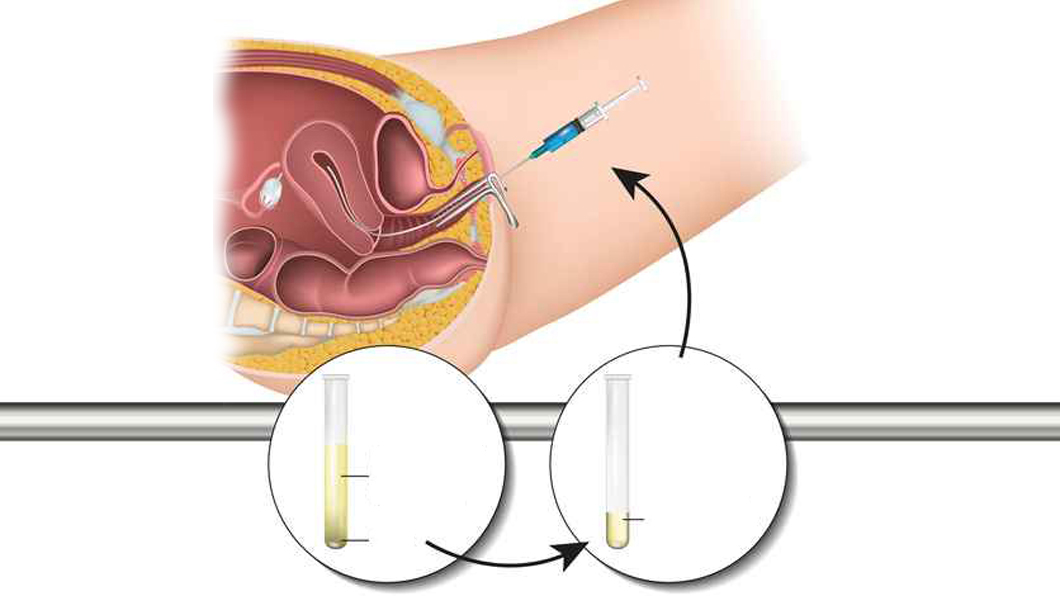Intrauterine Insemination (IUI/Artificial Insemination)

Intrauterine Insemination (IUI/Artificial Insemination)
Intrauterine Insemination (IUI) is when a sperm sample is specially prepared, then the best quality and fastest sperm are separated to then be injected directly into the uterus via a catheter while the woman is ovulating. The aim of IUI is to inject as many sperm in order for them to reach the fallopian tubes and increase the chances of fertilisation. The procedure is very straight forward as well as painless and approximately 35-45 minutes after the procedure, the patient may return to her normal daily activities.
IUI is a technique offered to patients who undergo regular sexual intercourse but for an unexplained reason there has been no pregnancy. When a woman is close to ovulation the sperm is released to enhance the chances of pregnancy.
The IUI process to develop the eggs can be used in line with pills or and injections, such as clomiphene citrate, gonadotropins, or urofollitropins. The follicle development will also be monitored with regular ultrasounds as well as blood tests to monitor the LH surge and Progesterone hormone levels. Closely monitoring hormone levels will give an indicator as to when the hCG shot should be administered and then 36 hours after the sperm can be directly placed within the uterus to enable the chances of fertilisation.
For sperm preparation it is advised to abstain from ejaculation for 48-72 hours in order to maximise sperm performance for fertilisation. The sperm is collected in a sterile environment and then processed within the laboratory before the IUI procedure.
The processed sperm is then injected into the uterus via a catheter, and is left to swim via the Fallopian tubes in order to maximise fertilisation. In order for the treatment to be effective the Fallopian tubes and intrauterine cavity needs to be healthy, as well as the egg and sperm need to be of a good quality and to maximise pregnancy the womb lining needs to be of a certain thickness.
Patients are advised that if after the procedure they do not see a period, when to carry out the pregnancy Beta HcG blood test to see if a pregnancy has occured.
- Couples who have unexplained fertility problems i.e. all tests show there is no reason as to why pregnancy has not occurred
- Females who suffer with Vaginismus and are unable to undergo sexual intercourse. Vaginismus cannot be cured but an IUI procedure can be carried out under anaesthesia to avoid trauma to the patient
- Patients who have undergone surgery and there has been damage to the cervical mouth, which can then damage or prevent sperm from entering the uterus
- Patient has cervical mucus issue
- Men with a slightly lower sperm count
- Men who suffer with erectile dysfunction and as a result undergo stress during sexual intercourse
- Azosperm (no viable sperm) and the patient is in need of donor sperm to conceive; IUI is not advised to more mature women (>35 years) or for ladies who ovaries are poorly functioning. It is advised they seek In-vitro fertilisation (IVF) treatment straight away
The chances of pregnancy with IUI is not very high and are between 10-20% (average 15%). However, couples who are young, whose egg reserve is normal and whose sperm values are sufficient make the better candidates for IUI.
QUICK APPOINTMENT
OUR TREATMENTS
- Share




